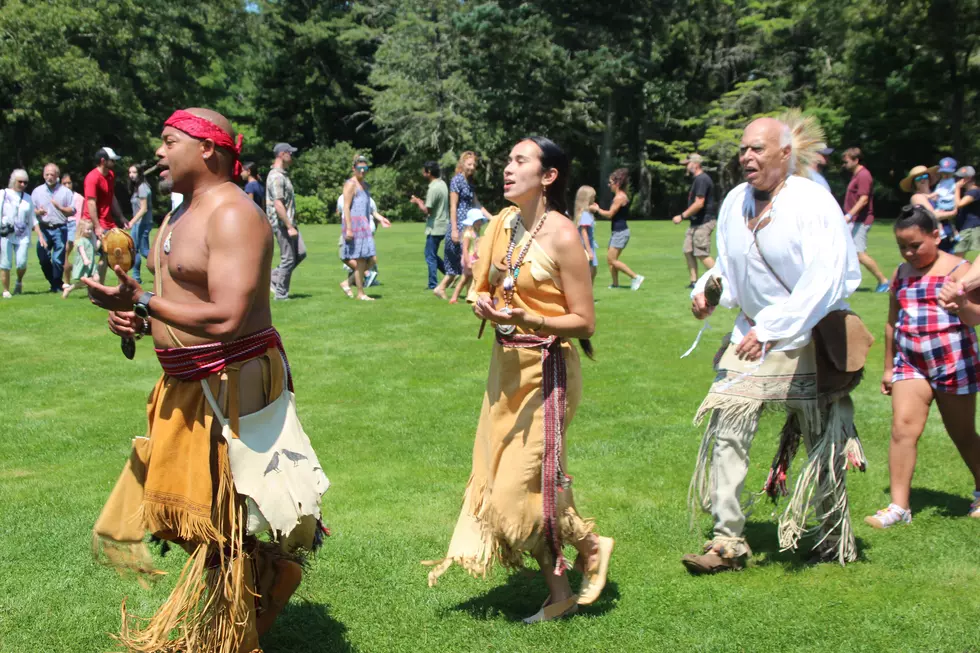![Mayflower’s Voyage Has Been Sanitized [PHIL-OSOPHY]](http://townsquare.media/site/518/files/2019/03/GettyImages-500074668-1.jpg?w=630&h=420&zc=1&s=0&a=t&q=89&w=980&q=75)
Mayflower’s Voyage Has Been Sanitized [PHIL-OSOPHY]
Mention the Mayflower voyage of 1620 and I imagine tired Pilgrims, escaping religious tyranny, stepping ashore and starting a new legacy of colonization. I'm told that's the polyurethane version, though, with a few coats added for more gloss.
Next year, Native American leaders from this area along with groups in Britain and the Netherlands are teaming up to ensure the commemoration of the 400th anniversary of the Pilgrims landing in Plymouth shows an inhumane and barbaric story, complete with the diseases, racism and oppression Native people suffered after they arrived.
Wampanoag activist Paula Peters has been getting out the unvarnished version and it has been getting support. Compare this to the 350th anniversary in 1970, and the voices are markedly different from each other, because in 1970 the Native American side was largely pushed aside. Now that other countries are getting involved, this anniversary will explore the accurate history. Commemorations are also planned in the Netherlands and Britain, where the Pilgrims spent more than a decade before sailing to the New World.
Ms. Peters says the past commemorations have glossed over, marginalized and sanitized the suffering of her people. She feels confident that for the first time, and on a global stage, the accurate facts tell the story that will be a pivotal moment for many who think of that time and relationship with friendship, communal cooperation and collaboration.
Michele Pecoraro, executive director of Plymouth 400 Inc., a nonprofit group organizing year-long events, promises the 2020 Anniversary will be pathways apart from the dirt road less traveled in years preceding this event.
I learn something new every day.
Phil Paleologos is the host of the Phil Paleologos Show on 1420 WBSM New Bedford. He can be heard weekdays from 6 a.m. to 10 a.m. Contact him at phil@wbsm.com and follow him on Twitter @PhilPaleologos. The opinions expressed in this commentary are solely those of the author.
More From WBSM-AM/AM 1420



![All Voices Matter in Dartmouth Logo Debate [OPINION]](http://townsquare.media/site/518/files/2021/07/attachment-Dartmouth-Indians-Flag.jpeg?w=980&q=75)
![Leave the Dartmouth Indian Name and Logo Alone [OPINION]](http://townsquare.media/site/518/files/2020/07/Dartmouth-Indians.jpg?w=980&q=75)
![Replacing the Native American on the Massachusetts State Seal [OPINION]](http://townsquare.media/site/518/files/2019/04/GettyImages-1063332662.jpg?w=980&q=75)

![Native Americans Not Offended by Redskins Team Name [OPINION]](http://townsquare.media/site/518/files/2020/07/GettyImages-1225249596.jpg?w=980&q=75)
![Liz Warren’s Garage Sale [PHIL-OSOPHY]](http://townsquare.media/site/518/files/2020/03/GettyImages-1205320851.jpg?w=980&q=75)
